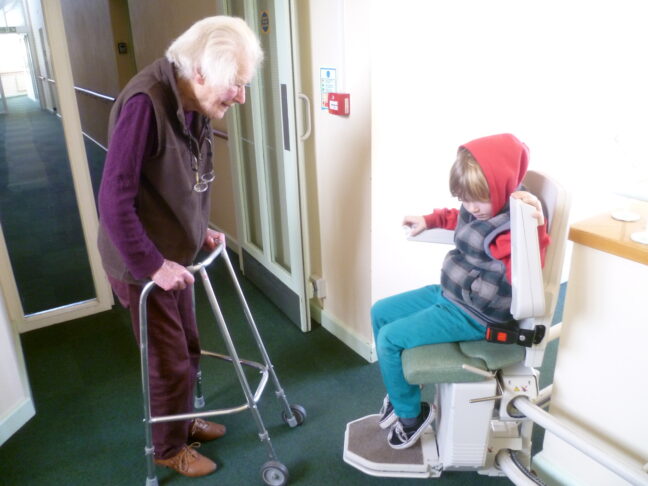The other day I was helping develop some future scenarios, set in 15 years time, envisaging some of the surprising business consequences of the clean-tech energy transition.
Envisaging future scenarios is something I love doing, and I find it really quite easy. It always surprises me that some people find it very hard, because it is an important skill, and one that can be developed.
Visionary leaders are respected, and with reason: without the ability to envisage the future you’re flying blind, with very limited scope for being strategic. Having some sense of what may be coming helps you spot opportunities, minimise risk, and in general, be much more strategic when positioning your business for future success.
A sense of a vision also helps make it easier to reconcile the inevitable tensions between whether to deal with the “urgent” tasks facing you, or the “important” ones.
Although personality preferences (and surprisingly, age) have an influence on one’s ability to envisage the future, one of the main reasons that many people are so poor at it, is that they never think about it.
A recent study by the Institute for the Future recently showed that most Americans (53%) say they rarely or never think about something that might happen, or something they personally might do, at least 30 years from the present. The nearer to the present it is, the more likely people are to think about it. Only 36% said they rarely or never thought about what would be happening 10 years ahead, while over 60% of Americans said that they thought about the near future (ie next month) every day.
In contrast however, innovators, scenario developers and long term strategic planners are almost constantly thinking about the future. They keep an eye on trends and developments that are relevant to their area of interest, and mull over how these might combine in interesting and important ways. As with so many things, practising doing it makes it easier to do.
One useful tip for developing your ability to be visionary is simply to make a list of some of the things you’re interested in: Cambridge, cars, cats, or whatever. Then, once a week google for “the future of” one of the things on your list. Read an article, watch a video or listen to a podcast, and you’re starting to equip yourself with the breadth of raw material that will help you become more visionary yourself.
Interestingly, thinking about the future, and particularly your personal place in it, also makes you more likely to sacrifice immediate pleasures for future benefit. For example, in one clever study, students looked at photos which had been digitally changed to represent themselves in 30 years time. While they did this, they said they’d save 30% more into their pension schemes than when they looked at current photos of themselves.
You can have fun trying it yourself, using the rather alarming app “Aging Booth.” Although (I hope) the Aging Booth simulation is not that accurate, psychologists say that this effect works to the extent that it helps you feel closer and more connected to your future self.
We need the ability to envisage, think about and invest in our future, because we live in a world in which it is clear that very significant changes are underway: economic, environmental and geo-political, to name just a few. In many of these areas it is widely recognised that we should be investing now order to benefit in future, whether that’s by reducing debt, or by tackling climate change, or by investing in international diplomacy and aid.
We talk about the need to invest. But then we wonder why we’re not actually doing it?
Part of the explanation may lie in the psychological effects described above. We live in a world in which people are continually encouraged to focus only on the near future, for example by the setting of short term business targets or consumers demanding instant gratification. However, this short term focus then means that people will not only become less able to think about the future, but also less willing to invest now, even to benefit their future selves.
I find this a very worrying thought.
